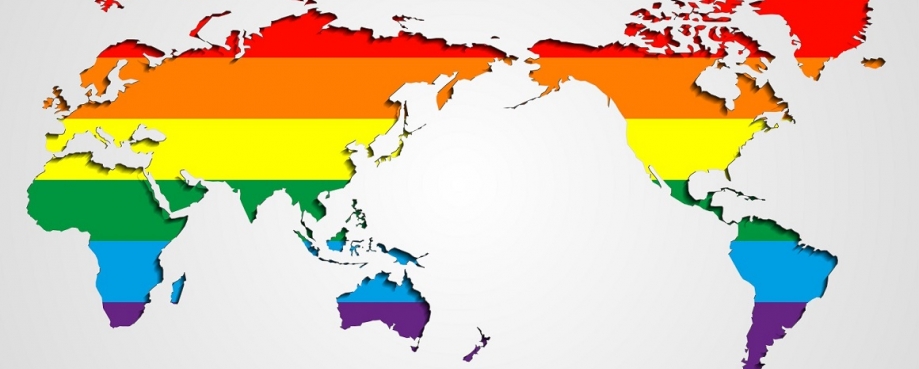
Homophobia and transphobia affect workers all over the world. In many societies around the world, lesbian, gay, bisexual and transgender (LGBT) people are subject to abuse and attacks. Gender and sexual minorities are excluded and stigmatised because of who they are, and alarmingly, many countries still have laws and policies that specifically make homosexuality a crime.
According to a PEW Survey, 21% of LGBT workers report that they have been discriminated against in hiring, promotions and pay. LGB employees are more than twice as likely to be bullied and discriminated against as heterosexual employees in the workplace, and nearly half of trans people are not living permanently in their preferred gender role, for fear it might threaten their employment status.
The ETI Base Code includes a clause on discrimination, including gender and sexual orientation. What is the role of business in ensuring that all workers – regardless of their sexuality – be treated fairly and with dignity? How can LGBT workers feel safer at work to be themselves? How can we create more inclusive workplaces, and challenge hostility and stigmatisation of some people that are different to others?
These were among the questions that were discussed at our recent ethical insight session. In the video below, 2 of the speakers - renowned campaigner Peter Tatchell, and John Dickinson, Chair of 'Out at Tesco', reflect on some of the key themes.
